Find Help
More Items From Ergsy search
-
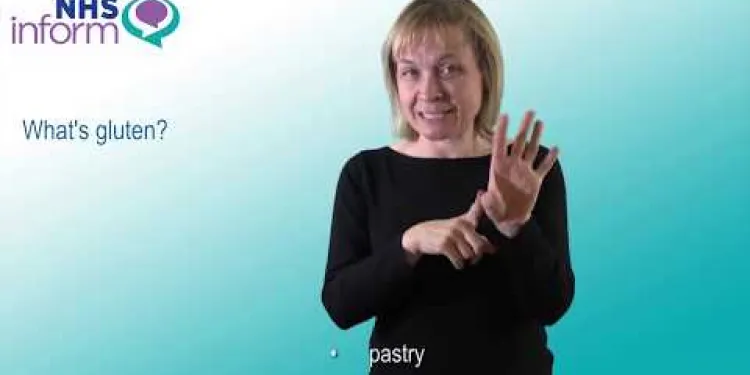
Coeliac disease
Relevance: 100%
-
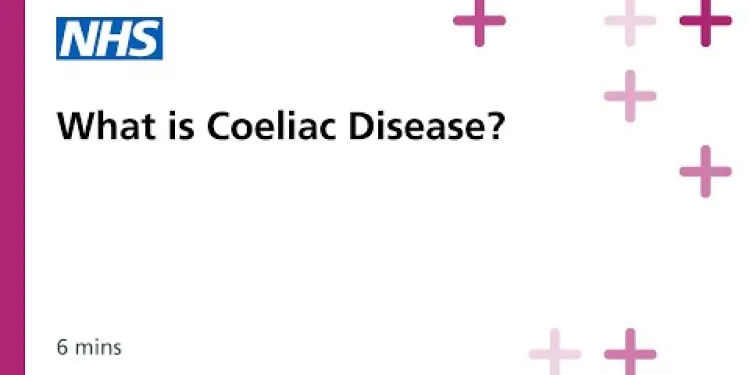
Coeliac Disease: Session 1: What is Coeliac Disease?
Relevance: 100%
-
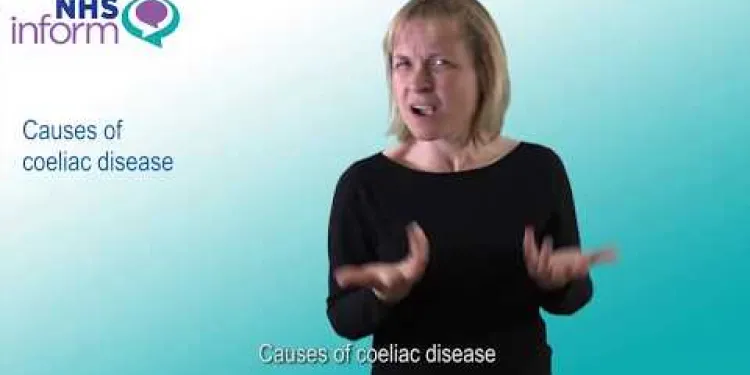
Causes of coeliac disease
Relevance: 95%
-
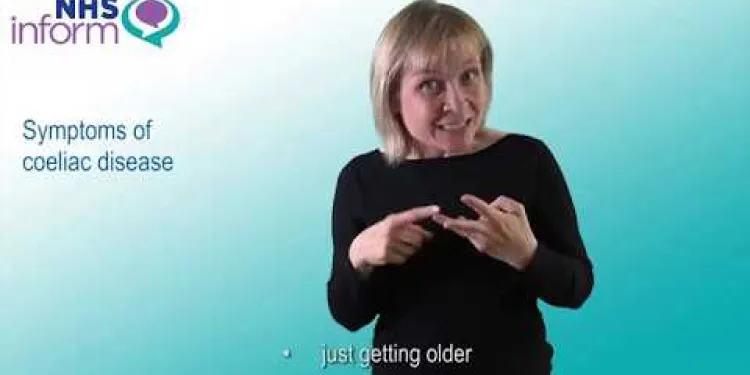
Symptoms of coeliac disease
Relevance: 93%
-

NHSGGC - What is Coeliac Disease?
Relevance: 92%
-

Living Well with Coeliac Disease
Relevance: 90%
-
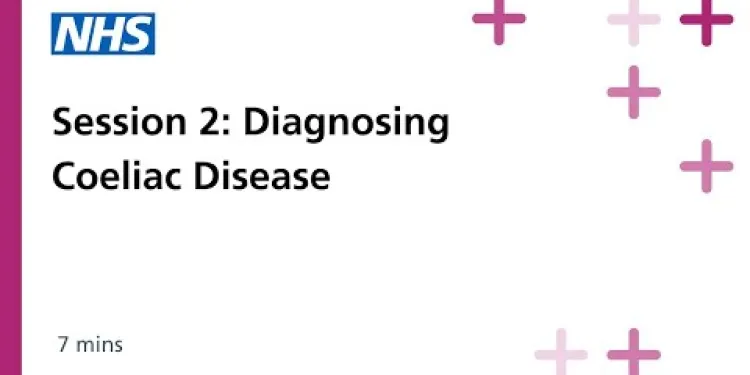
Diagnosing Coeliac Disease Updated 2021
Relevance: 88%
-
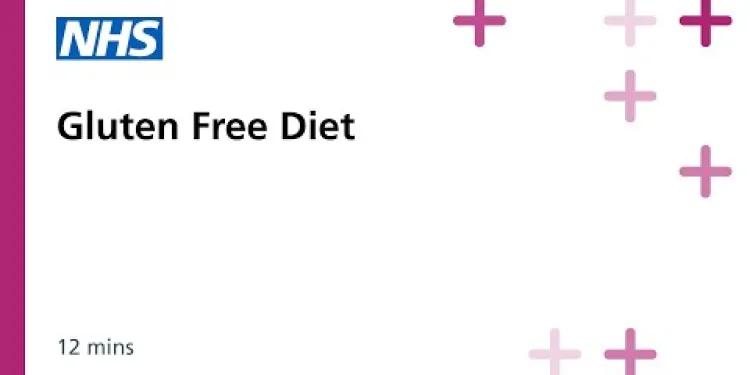
Coeliac Disease: The gluten free diet
Relevance: 85%
-
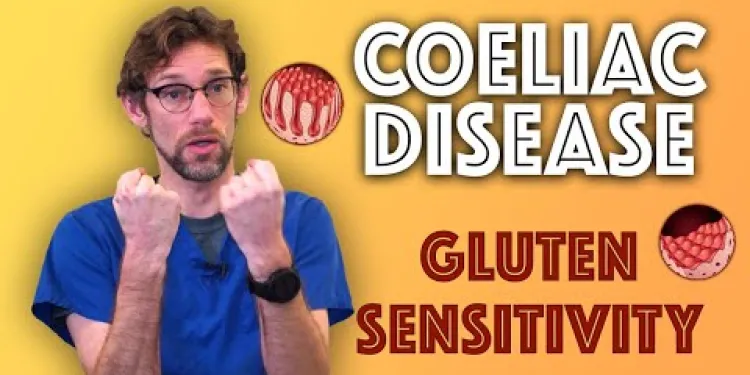
Coeliac Disease Explained - Gluten Sensitivity - A to Z of the NHS - Dr Gill
Relevance: 82%
-
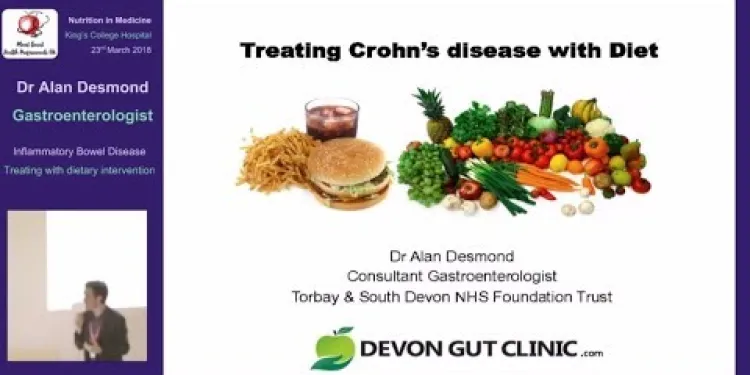
What is the best diet for Crohn’s disease?
Relevance: 31%
-
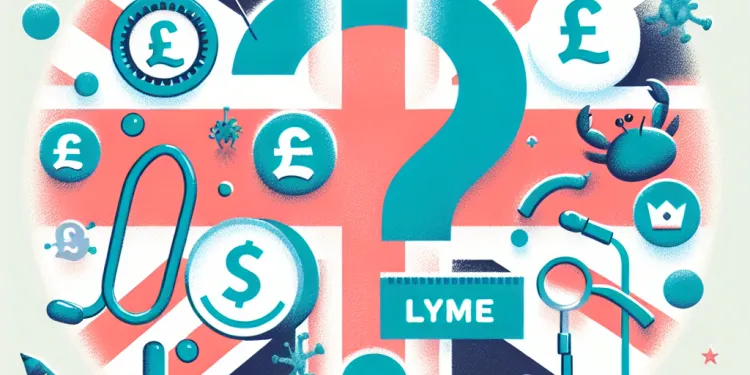
What is Lyme Disease?
Relevance: 29%
-
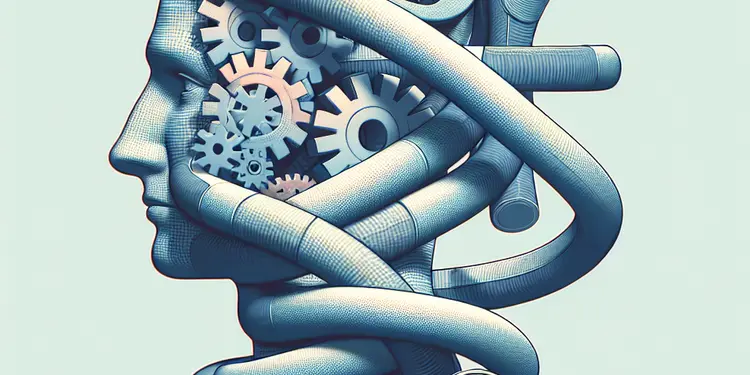
Is Huntington's disease fatal?
Relevance: 29%
-

Liver disease | NHS
Relevance: 29%
-

Is Crohn's disease contagious?
Relevance: 29%
-

What is Huntington's disease?
Relevance: 29%
-
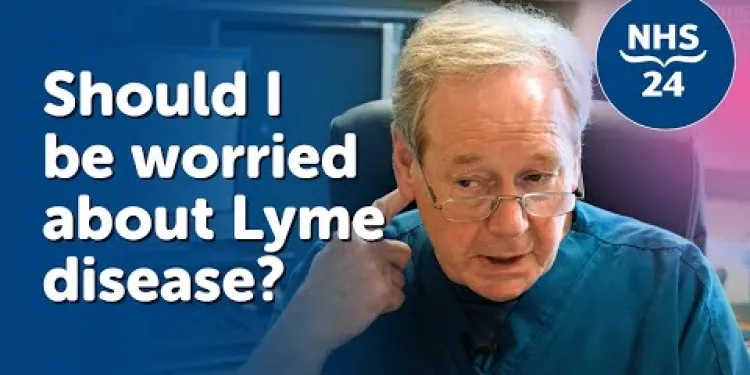
Lyme disease: What is it?
Relevance: 29%
-
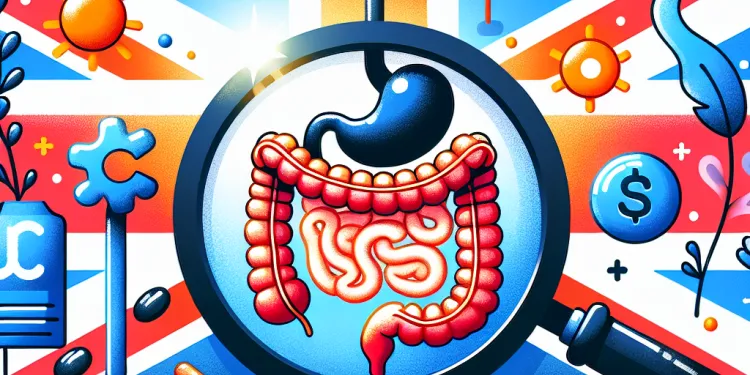
Is there a cure for Crohn's disease?
Relevance: 29%
-

What is Mitochondrial disease?
Relevance: 29%
-
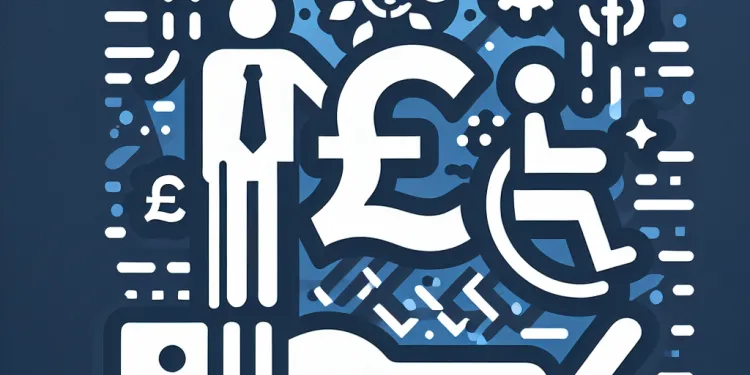
What is Parkinson's disease?
Relevance: 29%
-
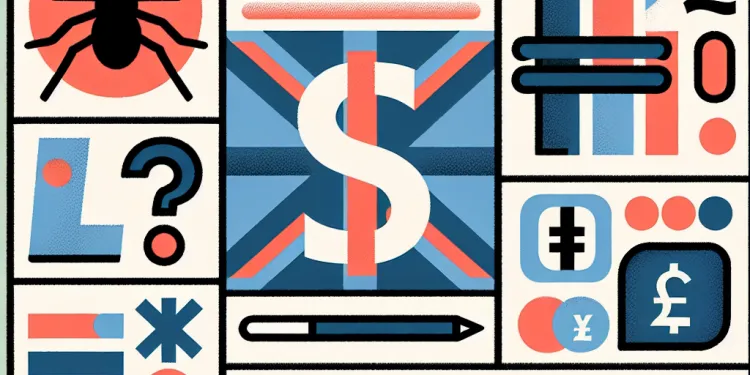
Is there a vaccine for Lyme disease?
Relevance: 29%
-

Do UK mosquitoes carry diseases?
Relevance: 29%
-

What is Alzheimer's disease?
Relevance: 28%
-
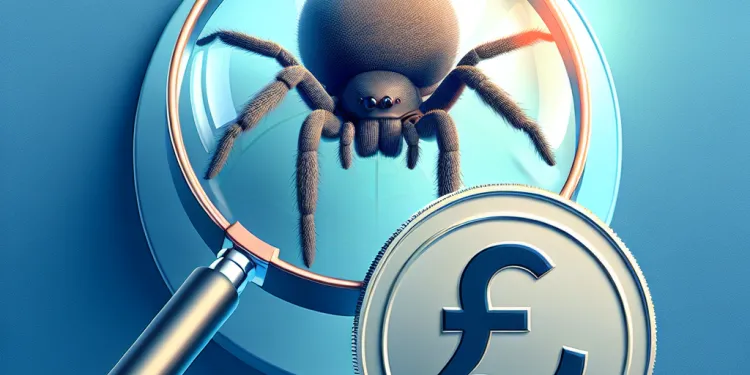
Do spiders in the UK carry diseases?
Relevance: 28%
-
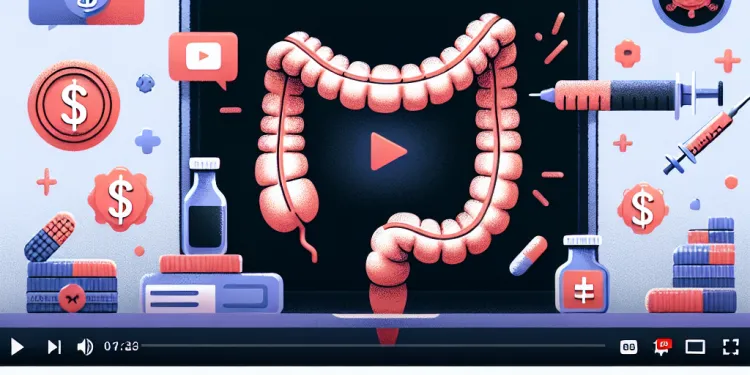
What causes Crohn's disease?
Relevance: 28%
-

What causes Huntington's disease?
Relevance: 28%
-
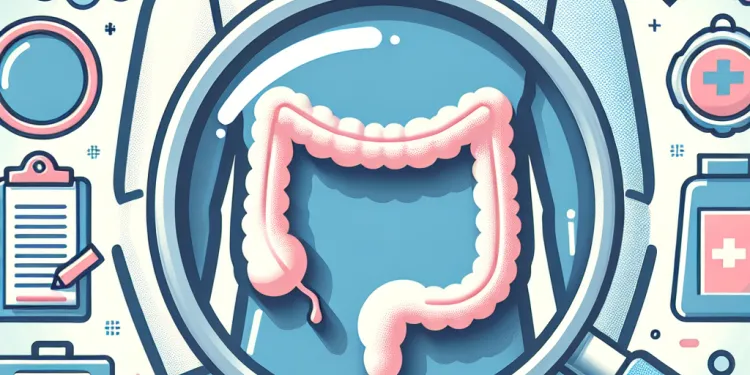
How is Crohn's disease diagnosed?
Relevance: 28%
-

Can Lyme disease be treated?
Relevance: 28%
-

How is Lyme disease transmitted?
Relevance: 28%
-
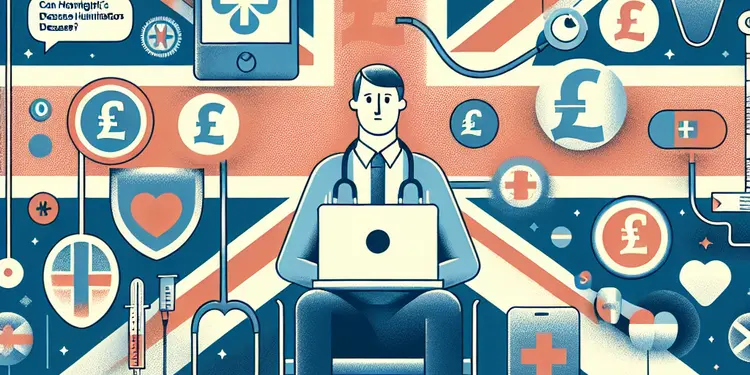
Can Huntington's disease be prevented?
Relevance: 28%
-
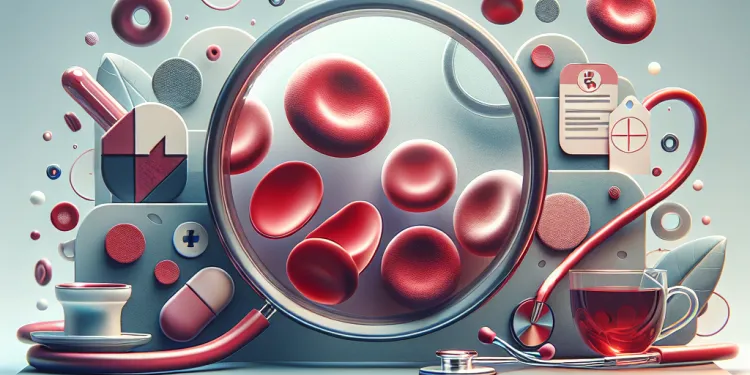
What is sickle cell disease?
Relevance: 28%
-

What are the symptoms of Huntington's disease?
Relevance: 28%
-
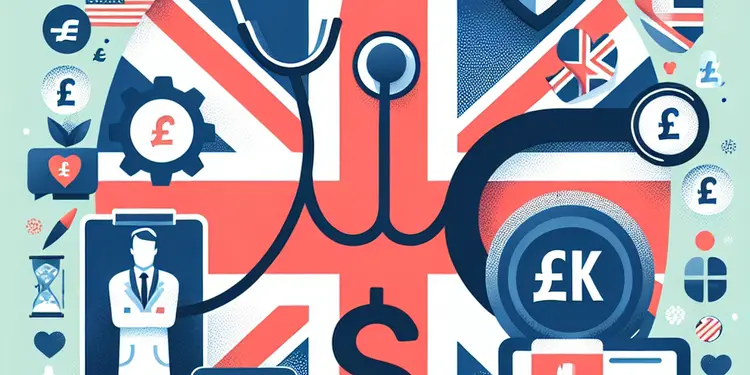
How is Huntington's disease diagnosed?
Relevance: 28%
-

Can Huntington's disease be cured?
Relevance: 28%
-
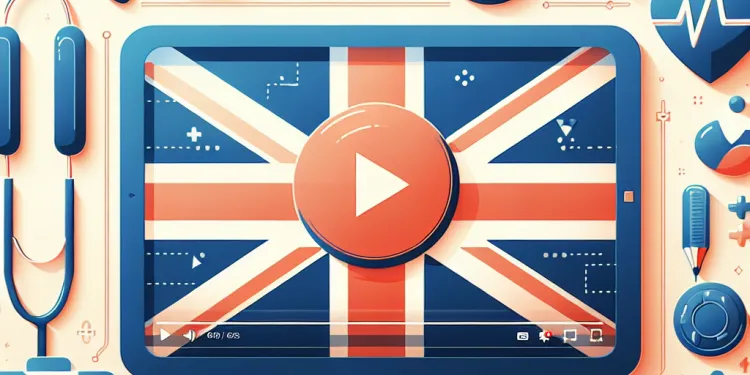
How common is Alzheimer's disease in the UK?
Relevance: 28%
-
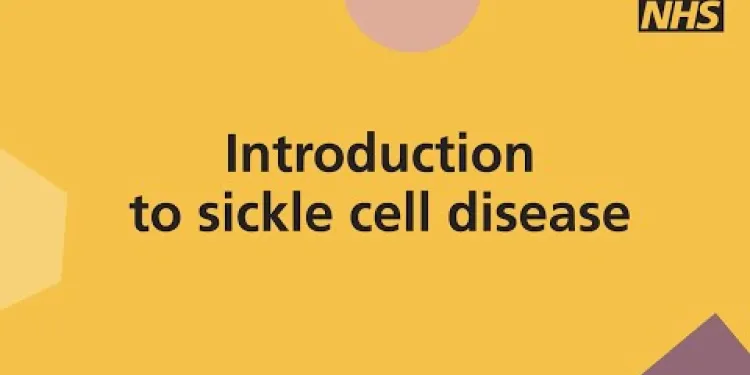
Introduction to Sickle cell disease
Relevance: 28%
-
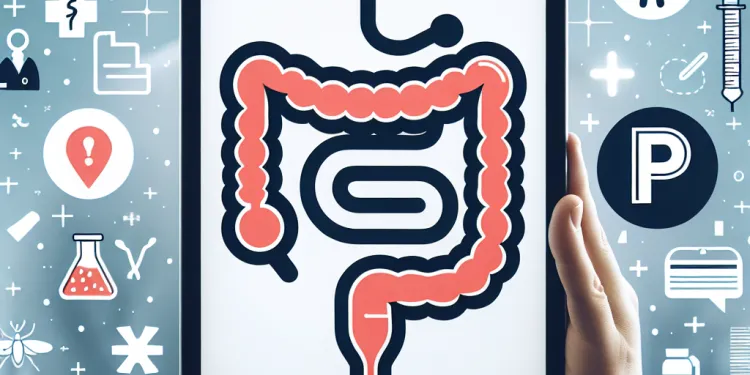
Is surgery necessary for Crohn's disease?
Relevance: 28%
-
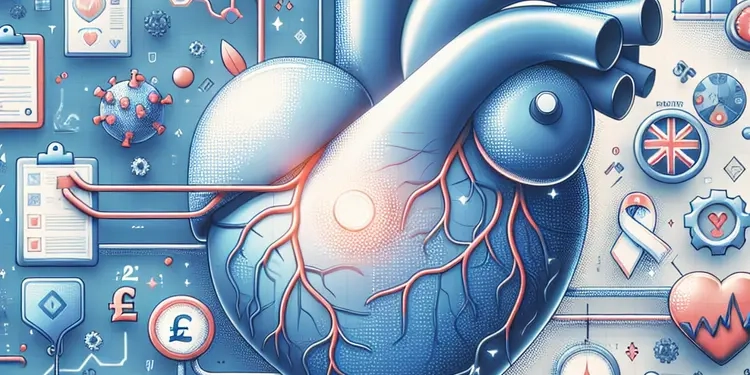
What is heart valve disease?
Relevance: 27%
-
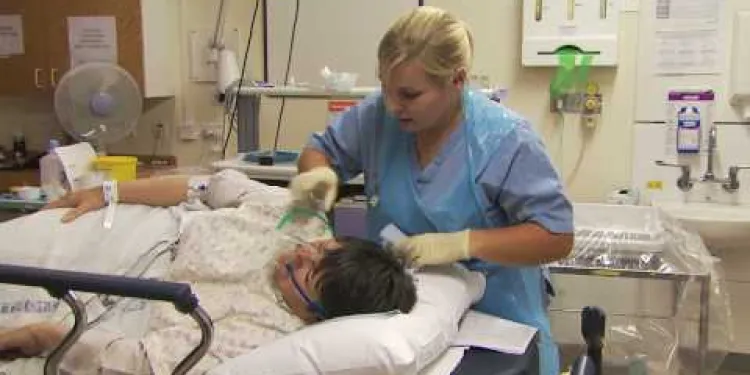
Bournemouth Digestive Diseases Centre: Endoscopy Procedure
Relevance: 27%
-
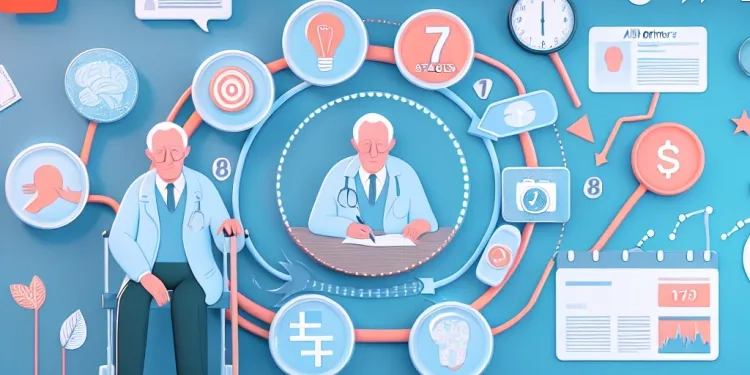
What are the stages of Alzheimer's disease?
Relevance: 27%
-
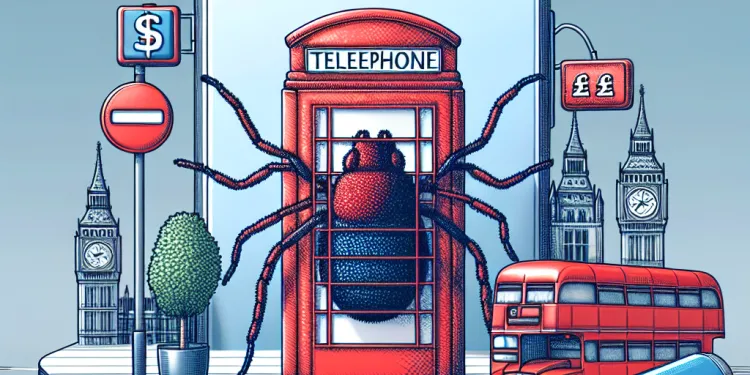
Is Lyme disease contagious between humans?
Relevance: 27%
Understanding Coeliac Disease
What is Coeliac Disease?
Coeliac disease is a chronic autoimmune disorder that primarily affects the small intestine. It is triggered by the ingestion of gluten, a protein found in wheat, barley, and rye. When individuals with coeliac disease consume gluten, their immune system mounts an inappropriate response, attacking and damaging the lining of the small intestine. This damage impairs nutrient absorption, leading to a variety of gastrointestinal and systemic symptoms.
Symptoms and Diagnosis
Common symptoms of coeliac disease in the UK include abdominal pain, bloating, diarrhoea, weight loss, and fatigue. However, symptoms can vary widely, with some individuals experiencing non-digestive symptoms such as anaemia, osteoporosis, and skin rashes. Diagnosing coeliac disease generally involves a blood test to detect specific antibodies, followed by a biopsy of the small intestine to confirm villous atrophy, which is the characteristic damage seen in this condition.
Living with Coeliac Disease
Once diagnosed, the primary treatment for coeliac disease is a strict, lifelong gluten-free diet. This diet involves avoiding all foods containing wheat, barley, and rye, as well as being cautious about cross-contamination. Many supermarkets in the UK now offer a wide range of gluten-free products, making it easier for individuals to manage their diet. People with coeliac disease should also be aware of hidden gluten in processed foods, medications, and even some personal care products.
Support and Resources
Living with coeliac disease can be challenging, but plenty of resources and support systems are available in the UK. Coeliac UK is a national charity that provides comprehensive information, support groups, and online resources to help individuals manage their condition. They also offer a gluten-free food and drink directory and a mobile app to help identify safe foods while shopping or eating out.
Conclusion
Coeliac disease requires lifelong management, but with proper awareness, diagnosis, and adherence to a gluten-free diet, individuals can lead healthy and fulfilling lives. It is essential to seek support from healthcare providers, as well as organisations like Coeliac UK, to navigate the complexities of the condition. Increased awareness and understanding will continue to improve the lives of those affected by coeliac disease in the United Kingdom.
Understanding Coeliac Disease
Coeliac disease is an autoimmune condition triggered by the consumption of gluten, a protein found in wheat, barley, and rye. In individuals with coeliac disease, the immune system mistakenly attacks the lining of the small intestine when gluten is ingested, leading to inflammation and damage that impairs nutrient absorption.
Symptoms and Diagnosis
Symptoms of coeliac disease can vary from mild to severe and may include digestive issues such as diarrhea, bloating, and abdominal pain, as well as non-digestive symptoms like fatigue, weight loss, and anemia. In children, delayed growth and pubertal development may also occur. Diagnosis typically involves blood tests to detect specific antibodies and may be confirmed with a biopsy of the small intestine.
Management and Treatment
The primary treatment for coeliac disease is a strict gluten-free diet. This involves avoiding all foods containing wheat, barley, and rye. In the UK, gluten-free product labelling is regulated, making it easier for those with coeliac disease to identify safe foods. Adhering to this diet helps heal gut damage and alleviate symptoms.
Living with Coeliac Disease in the UK
In the UK, individuals with coeliac disease have access to resources and support through organizations such as Coeliac UK, which provides dietary advice, support groups, and advocacy for gluten-free food options. The NHS offers gluten-free foods on prescription for those medically diagnosed with the condition, ensuring access to essential pantry items like bread and pasta.
Importance of Awareness
Awareness of coeliac disease is crucial to ensure affected individuals receive accurate diagnosis and management. Increased understanding and acceptance within society—including restaurants offering gluten-free options and supermarkets stocking a range of gluten-free products—support those living with coeliac disease in maintaining their health and quality of life.
Understanding Coeliac Disease
What is Coeliac Disease?
Coeliac disease is an illness that affects the stomach area. It happens because of a reaction to gluten. Gluten is found in foods like bread, pasta, and cereals made with wheat, barley, or rye. If you have coeliac disease and eat gluten, it can hurt your stomach lining. This means your body can't take in food nutrients properly, making you feel unwell.
Symptoms and Diagnosis
If you have coeliac disease, you might feel stomach pain, bloated, tired, or lose weight. Some people might also have problems like skin rashes or weak bones. To find out if you have coeliac disease, doctors will do a blood test. They may also need to check your stomach with a procedure called a biopsy.
Living with Coeliac Disease
Once you know you have coeliac disease, you need to stop eating gluten forever. This means you can't eat things like bread or pasta unless they are specially made without gluten. In the UK, many shops now sell gluten-free foods. You should also be careful because some medicines or beauty products might have gluten too.
Support and Resources
Having coeliac disease can be hard, but help is available. An organisation called Coeliac UK gives information and support. They have groups, books, and an app to help you find safe foods. This can be very useful when shopping or eating out.
Conclusion
Coeliac disease means you need to always be careful about what you eat. But with the right help, you can live a happy and healthy life. It's important to talk to doctors and groups like Coeliac UK for advice. Doing so will help make living with coeliac disease easier.
Understanding Coeliac Disease
Coeliac disease is when your body reacts badly to gluten. Gluten is a protein found in foods like bread, pasta, and cereal. If you have coeliac disease and eat gluten, it hurts your tummy and can make it hard for your body to get the goodness from food.
Symptoms and Diagnosis
If you have coeliac disease, you might feel sick. Your tummy might hurt, you could have diarrhea, or feel very tired. You might lose weight or feel weak because your body isn’t getting enough nutrients. Children might not grow as they should. To find out if you have coeliac disease, doctors can do special blood tests and sometimes check a small part of your tummy.
Management and Treatment
If you have coeliac disease, you need to stop eating gluten. This means not eating foods made with wheat, barley, or rye. There are labels in shops to help you pick gluten-free foods. Eating the right foods helps your tummy get better and makes you feel good again.
Living with Coeliac Disease in the UK
In the UK, there is lots of help if you have coeliac disease. Coeliac UK can give you advice and support. The NHS helps by giving you some gluten-free foods like bread and pasta with a doctor’s prescription. This makes it easier to get the food you need.
Importance of Awareness
It is important to know about coeliac disease. This helps people get the right tests and treatment. More restaurants now have gluten-free meals, and shops sell a variety of gluten-free foods. This helps people with coeliac disease stay healthy and happy.
Frequently Asked Questions
What is Coeliac disease?
Coeliac disease is an autoimmune condition where the ingestion of gluten leads to damage in the small intestine. This affects nutrient absorption and causes various gastrointestinal and systemic symptoms.
What are the symptoms of Coeliac disease?
Symptoms can include bloating, diarrhoea, constipation, fatigue, anaemia, and osteoporosis. However, symptoms can vary widely among individuals.
How is Coeliac disease diagnosed?
Diagnosis typically involves a blood test to look for specific antibodies and is confirmed by an intestinal biopsy. It is important to be eating gluten during testing to avoid false negatives.
What is gluten?
Gluten is a protein found in wheat, barley, and rye. It is present in many foods, including bread, pasta, cereals, and many processed foods.
Is Coeliac disease hereditary?
Yes, Coeliac disease can run in families. If a close family member has the condition, your risk of developing it increases.
Can Coeliac disease develop at any age?
Yes, Coeliac disease can manifest at any age once gluten is introduced into the diet, from early childhood to late adulthood.
What is the treatment for Coeliac disease?
The only treatment for Coeliac disease is a strict gluten-free diet. This helps heal the intestinal lining and prevents further damage.
Are oats safe for people with Coeliac disease?
Pure, uncontaminated oats are generally safe for most people with Coeliac disease. However, they are often processed in facilities that also handle gluten-containing grains, so it is important to ensure they are certified gluten-free.
What happens if a person with Coeliac disease eats gluten?
Ingesting gluten can damage the small intestine and lead to symptoms like abdominal pain, diarrhoea, and malnutrition. Long-term exposure can increase the risk of more serious health problems.
Is Coeliac disease the same as gluten sensitivity?
No, Coeliac disease is an autoimmune condition with specific diagnostic criteria, while non-coeliac gluten sensitivity involves similar symptoms without the autoimmune component or intestinal damage.
Can Coeliac disease cause neurological symptoms?
Yes, some individuals may experience neurological symptoms like headaches, balance problems, or peripheral neuropathy associated with gluten exposure.
Is a gluten-free diet more expensive?
Gluten-free products can be more expensive than their gluten-containing counterparts, and availability may vary. However, natural foods like fruits, vegetables, and meats are naturally gluten-free.
Can people with Coeliac disease eat gluten-free beer?
Yes, gluten-free beer is available and safe for people with Coeliac disease. However, it's important to ensure it's brewed from non-gluten ingredients rather than just filtered to remove gluten.
Do I need to worry about cross-contamination?
Yes, even small amounts of gluten from cross-contamination can cause harm to individuals with Coeliac disease. It's important to maintain gluten-free kitchen practices.
Where can I find support if I have been diagnosed with Coeliac disease?
In the UK, organisations like Coeliac UK offer resources, support, and information to help manage the gluten-free lifestyle. Your NHS healthcare provider may also provide guidance.
What is Coeliac Disease?
Coeliac Disease is a sickness that happens in the tummy.
If you have Coeliac Disease, you can't eat things with gluten.
Gluten is in foods like bread, pasta, and cakes.
If you eat gluten, it can make your tummy hurt.
It can make you feel sick and tired too.
If you think you have Coeliac Disease, tell your doctor.
Your doctor can help you feel better.
Using picture cards can help understand Coeliac Disease. You can also ask someone to help read things with you.
Coeliac disease is a condition that happens when the body reacts badly to gluten. Gluten is found in foods like bread and pasta. This reaction damages the small intestine, which is a part of the body that helps take in nutrients from food. When the small intestine is hurt, it can cause problems with the stomach and other parts of the body too.
People with coeliac disease should avoid eating gluten. Some tools that can help include gluten-free food labels and apps that show safe foods.
What signs show you have Coeliac disease?
Here are some signs that you might have Coeliac disease:
- Tummy pain or tummy ache
- Feeling very tired
- Diarrhea, which is runny poo
- Feeling sick or being sick
- Weight loss
- Not growing as expected (in children)
- Skin rash
If you think you have these signs, you should talk to a doctor.
If reading is hard, you can:
- Ask someone to read this to you
- Use apps that read text aloud
- Look for videos that explain Coeliac disease
Signs you might feel are a full tummy, runny or hard poo, feeling very tired, low iron, and weak bones. But these signs can be different for everyone.
How do doctors find out if someone has Coeliac disease?
Doctors can use special tests to see if someone has Coeliac disease. Here are some steps they might take:
- Blood Test: A doctor will take a small amount of blood. This test looks for signs that show Coeliac disease.
- Biopsy: If the blood test shows signs of Coeliac disease, the doctor might want to look inside the small intestine. They do this to check for damage. This is called a biopsy.
It's important to see a doctor if you think you have Coeliac disease. They can help make sure you get the right tests.
Tips for support:
- Bring a family member or friend to the doctor’s visit for support.
- Write down any questions you have before going to the doctor.
Doctors use a blood test to find signs of the illness. They look for special things called antibodies. To be sure, they might also need to check your gut with a test called a biopsy. When getting tested, make sure you are eating gluten. This is important so the test works right.
What is gluten?
Gluten is a bit like glue. It is in foods made from wheat, like bread, pasta, and cake. Gluten helps food stick together.
Some people cannot eat gluten because it makes them feel sick. If you feel sick after eating bread or pasta, talk to a doctor.
You can use tools to help you read. An adult can read with you, or you can use audiobooks.
Gluten is a type of protein. It is in wheat, barley, and rye. You can find it in many foods like bread, pasta, and cereals. It is also in lots of processed foods.
Can you get Coeliac disease from your family?
Coeliac disease can run in families. This means if someone in your family has it, you might get it too.
If you think you might have Coeliac disease, talk to a doctor.
Some helpful tools are:
- Ask a family member to help you read letters from your doctor.
- Use pictures and videos to learn more about Coeliac disease.
Yes, Coeliac disease can be passed down in families. If someone in your family has it, you might get it too.
Can you get Coeliac disease at any age?
Yes, people can get Coeliac disease any time in their life. It doesn't matter if you are a kid or a grown-up.
Here are some tips to help:
- Talk to a doctor if you feel sick after eating bread or pasta.
- Use apps or pictures to learn more about gluten-free foods.
- Ask someone you trust for help if you find reading hard.
Yes, people can get Coeliac disease at any age after they start eating gluten. This can happen to kids and adults.
How do you treat Coeliac disease?
People with Coeliac disease need to eat a special diet. They should not eat foods with gluten. Gluten is found in wheat, barley, and rye.
To help, you can:
- Read food labels to check for gluten.
- Eat gluten-free foods like fruits, vegetables, meat, and rice.
- Ask a doctor or a dietitian for advice. They can help you plan meals.
Using a gluten-free app can also help find safe foods when shopping.
The only way to help with Coeliac disease is to eat food without gluten. This makes your tummy feel better and stops it from getting hurt more.
Can people with Coeliac disease eat oats?
Oats might be OK for people with Coeliac disease. But some oats can have a tiny bit of gluten from other grains. People with Coeliac disease cannot have gluten.
If you have Coeliac disease, talk to your doctor before eating oats. They can help you stay safe.
A good idea is to look for oats that say "gluten-free" on the package.
Plain oats are usually safe for people with Coeliac disease. But sometimes, oats are made in places where they also handle other grains that have gluten. So, it’s important to check that the oats are marked as gluten-free.
What happens if someone with Coeliac disease eats gluten?
Coeliac disease is when some people get sick from certain foods. The food is called gluten. Gluten is in bread, pasta, and cakes.
If a person with Coeliac disease eats gluten, it can make their tummy hurt. They might feel very tired and get headaches.
To help, they should only eat foods that say "gluten-free" on the package. They can also talk to a doctor or a dietitian. A dietitian is someone who knows a lot about food and can help people choose the right things to eat.
Eating gluten can hurt the tummy inside and cause problems like tummy ache, runny poo, and not getting enough nutrients from food. If you eat it for a long time, it can cause bigger health problems.
Is Coeliac disease the same as gluten sensitivity?
No, they are not the same.
Coeliac disease is when your body gets sick if you eat gluten. Gluten is in foods like bread and pasta.
Gluten sensitivity means gluten makes you feel unwell, but it does not harm your body like coeliac disease does.
If you are not sure, try using picture cards or talking to a doctor to help understand. A parent or teacher can help you find more information, too.
No, Coeliac disease is when the body attacks itself after eating gluten. This is a medical condition, and a doctor can find it with tests. Non-coeliac gluten sensitivity means you might feel unwell after eating gluten, but it does not cause the same body attack or gut damage as Coeliac disease.
Can Coeliac Disease Cause Nerve Problems?
If you have coeliac disease, it means your body does not like gluten. Gluten is found in foods like bread and pasta.
Sometimes, people with coeliac disease might also have nerve problems.
Nerve problems can make you feel things like tingling, numbness, or headaches.
If you feel any of these things, it is important to tell a doctor.
For help, you can use tools like picture cards or apps that help explain how you feel. A friend or family member can also help you talk to the doctor.
Yes, some people can feel sick in their brains because of gluten. They might get headaches, feel unsteady, or have tingling or numbness in their hands or feet.
Does a gluten-free diet cost more money?
Gluten-free foods can cost more money than foods with gluten. You might not find them in every shop. But some foods do not have gluten. These are foods like fruits, vegetables, and meats.
Can people with Coeliac disease drink gluten-free beer?
People with Coeliac disease can't eat gluten. Gluten is in wheat, barley, and rye.
Gluten-free beer is made without gluten. It is safe for most people with Coeliac disease. But, it's always good to check the label before drinking.
Some beers say "low gluten." These might still have a little gluten. It's best to choose "gluten-free" to be safe.
Talking to a doctor can help if you are unsure.
Here are some tools and ideas to help:
- Use a gluten-free app to find safe foods and drinks.
- Join a Coeliac support group to share tips and advice.
- Always read labels carefully before eating or drinking.
Yes, there is beer without gluten that is safe for people with Coeliac disease. But, make sure the beer is made from things that don't have gluten in them, rather than just having the gluten taken out.
Should I be concerned about food mixing together?
When food mixes in a way that might make someone sick, we call it cross-contamination. It's when germs from one food get onto another food.
Here are some tips to help:
- Keep raw meat away from other foods.
- Use different chopping boards for meat and vegetables.
- Wash your hands after touching raw meat.
These steps help keep food safe to eat.
Yes, even a tiny bit of gluten can make people with Coeliac disease sick. This can happen if gluten from one food gets into another. It's important to keep kitchens gluten-free.
Where can I get help if I have Coeliac disease?
If you have Coeliac disease, there are places where you can get help.
You can talk to a doctor or nurse. They can give you advice.
Look for a Coeliac support group. They can help you meet others with Coeliac disease.
Use online resources. Websites can give you tips on food and health.
A dietitian is someone who knows about food. They can help you eat the right things.
It is good to ask for help if you are not sure. You are not alone.
In the UK, there are groups like Coeliac UK. They can help and give you information if you need to live without eating gluten. You can also ask your NHS doctor or nurse for advice.
Useful Links
Useful links from: Coeliac Disease Explained - Gluten Sensitivity - A to Z of the NHS - Dr Gill
- NHS - Coeliac Disease Comprehensive information from the NHS about coeliac disease, including symptoms, causes, diagnosis, treatment, and guidance on living with the condition.
- Coeliac UK The UK's leading charity for people with coeliac disease, providing support, resources, and advocacy for those affected by gluten-related disorders.
- NHS - Gluten Sensitivity Information from the NHS on gluten sensitivity, including symptoms, diagnosis, and management of non-coeliac gluten sensitivity.
- Guts UK A charity focusing on digestive health, offering information and support on various gut issues, including coeliac disease and gluten sensitivity.
Useful links from: Coeliac Disease: Session 1: What is Coeliac Disease?
- NHS - Coeliac disease Official NHS page on Coeliac disease, explaining what it is, symptoms, causes, diagnosis, and treatment options available.
- Coeliac UK - What is Coeliac disease? Comprehensive information from Coeliac UK, a leading charity, on what Coeliac disease is, including symptoms, diagnosis, and managing the condition.
- Coeliac UK - Newly diagnosed Dedicated section by Coeliac UK for those newly diagnosed with Coeliac disease, offering guidance and support for understanding and managing the condition.
- NHS Inform - Coeliac disease A reliable resource from NHS Inform providing detailed information on Coeliac disease, including symptoms, diagnosis, and how to live with the disease.
Useful links from: Diagnosing Coeliac Disease Updated 2021
- NHS - Coeliac disease This NHS page provides comprehensive information about coeliac disease, including symptoms, diagnosis, treatment, and living with the condition.
- Coeliac UK - Diagnosis Coeliac UK offers detailed guidance on how coeliac disease is diagnosed, including what to expect from a blood test and biopsy.
- NICE - Coeliac disease: recognition, assessment and management (NG20) The National Institute for Health and Care Excellence (NICE) guideline NG20 covers the recognition, assessment, and management of coeliac disease.
- Guts UK - Coeliac Disease Information Guts UK provides information on coeliac disease, its symptoms, how it is diagnosed, and the treatments available.
Useful links from: Living Well with Coeliac Disease
- NHS - Coeliac disease Overview of coeliac disease including symptoms, causes, diagnosis, treatment, and living with the condition from the National Health Service (NHS).
- Coeliac UK - Living with Coeliac Disease Comprehensive resource on living with coeliac disease provided by Coeliac UK, the charity dedicated to supporting those with the condition and their families.
- NHS - Coeliac disease: Foods to avoid Advice on foods to avoid with coeliac disease and substitutes that are available, from the NHS.
- Coeliac UK - Gluten-Free Diet Information on maintaining a gluten-free diet and lifestyle from Coeliac UK, including guidance on food labeling and eating out.
Useful links from: Causes of coeliac disease
- NHS - Coeliac disease Provides information on the causes of coeliac disease, including genetic factors and how the immune system reacts to gluten.
- Coeliac UK - What causes coeliac disease? Explains the factors that may contribute to the development of coeliac disease, focusing on genetic predisposition and environmental triggers.
- NHS Inform - Coeliac Disease Offers comprehensive details on coeliac disease, including causes, symptoms, diagnosis, and treatment options.
- Coeliac UK - Coeliac Disease: Symptoms and Diagnosis Provides information on the various symptoms of coeliac disease and how it is diagnosed, as well as factors that can aggravate the condition.
Useful links from: NHSGGC - What is Coeliac Disease?
- NHS - Coeliac disease Comprehensive guide on coeliac disease provided by the NHS, covering symptoms, diagnosis, treatment, and living with the condition.
- Coeliac UK - What is coeliac disease? Detailed information about coeliac disease from Coeliac UK, a leading charity for people with the condition. Includes resources for diagnosis, diet, and support.
- Gluten Free Society UK - Coeliac disease Resources and support provided by the Gluten Free Society UK, focusing on the causes, symptoms, and management of coeliac disease.
- British Dietetic Association - Coeliac disease Professional guidance from the British Dietetic Association on managing coeliac disease, including dietary advice and nutritional information.
Useful links from: Symptoms of coeliac disease
- NHS - Coeliac disease Comprehensive information from the NHS on coeliac disease, its symptoms, diagnosis, treatment, and management.
- Coeliac UK - Symptoms of coeliac disease Coeliac UK provides detailed insights into the various symptoms of coeliac disease, including digestive and non-digestive symptoms.
- NHS Inform - Coeliac Disease NHS Inform offers a thorough overview of coeliac disease, focusing on symptoms, causes, diagnosis, and treatment options.
- Coeliac UK - Living with coeliac disease This page from Coeliac UK provides support and information for people living with coeliac disease, including dietary advice and symptom management.
- Ergsy carfully checks the information in the videos we provide here.
- Videos shown by Youtube after a video has completed, have NOT been reviewed by ERGSY.
- To view, click the arrow in centre of video.
- Most of the videos you find here will have subtitles and/or closed captions available.
- You may need to turn these on, and choose your preferred language.
- Go to the video you'd like to watch.
- If closed captions (CC) are available, settings will be visible on the bottom right of the video player.
- To turn on Captions, click settings .
- To turn off Captions, click settings again.
More Items From Ergsy search
-

Coeliac disease
Relevance: 100%
-

Coeliac Disease: Session 1: What is Coeliac Disease?
Relevance: 100%
-

Causes of coeliac disease
Relevance: 95%
-

Symptoms of coeliac disease
Relevance: 93%
-

NHSGGC - What is Coeliac Disease?
Relevance: 92%
-

Living Well with Coeliac Disease
Relevance: 90%
-

Diagnosing Coeliac Disease Updated 2021
Relevance: 88%
-

Coeliac Disease: The gluten free diet
Relevance: 85%
-

Coeliac Disease Explained - Gluten Sensitivity - A to Z of the NHS - Dr Gill
Relevance: 82%
-

What is the best diet for Crohn’s disease?
Relevance: 31%
-

What is Lyme Disease?
Relevance: 29%
-

Is Huntington's disease fatal?
Relevance: 29%
-

Liver disease | NHS
Relevance: 29%
-

Is Crohn's disease contagious?
Relevance: 29%
-

What is Huntington's disease?
Relevance: 29%
-

Lyme disease: What is it?
Relevance: 29%
-

Is there a cure for Crohn's disease?
Relevance: 29%
-

What is Mitochondrial disease?
Relevance: 29%
-

What is Parkinson's disease?
Relevance: 29%
-

Is there a vaccine for Lyme disease?
Relevance: 29%
-

Do UK mosquitoes carry diseases?
Relevance: 29%
-

What is Alzheimer's disease?
Relevance: 28%
-

Do spiders in the UK carry diseases?
Relevance: 28%
-

What causes Crohn's disease?
Relevance: 28%
-

What causes Huntington's disease?
Relevance: 28%
-

How is Crohn's disease diagnosed?
Relevance: 28%
-

Can Lyme disease be treated?
Relevance: 28%
-

How is Lyme disease transmitted?
Relevance: 28%
-

Can Huntington's disease be prevented?
Relevance: 28%
-

What is sickle cell disease?
Relevance: 28%
-

What are the symptoms of Huntington's disease?
Relevance: 28%
-

How is Huntington's disease diagnosed?
Relevance: 28%
-

Can Huntington's disease be cured?
Relevance: 28%
-

How common is Alzheimer's disease in the UK?
Relevance: 28%
-

Introduction to Sickle cell disease
Relevance: 28%
-

Is surgery necessary for Crohn's disease?
Relevance: 28%
-

What is heart valve disease?
Relevance: 27%
-

Bournemouth Digestive Diseases Centre: Endoscopy Procedure
Relevance: 27%
-

What are the stages of Alzheimer's disease?
Relevance: 27%
-

Is Lyme disease contagious between humans?
Relevance: 27%